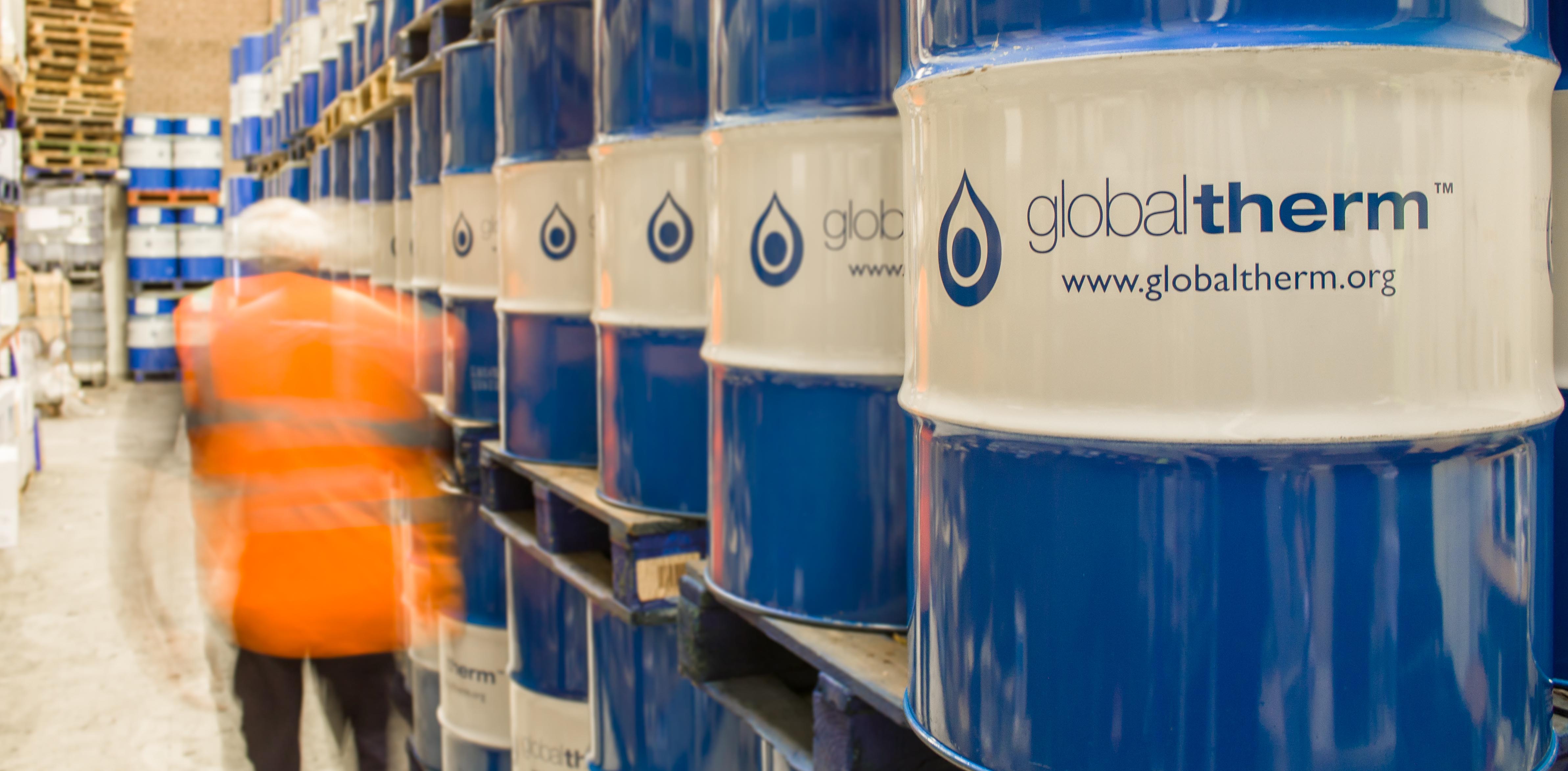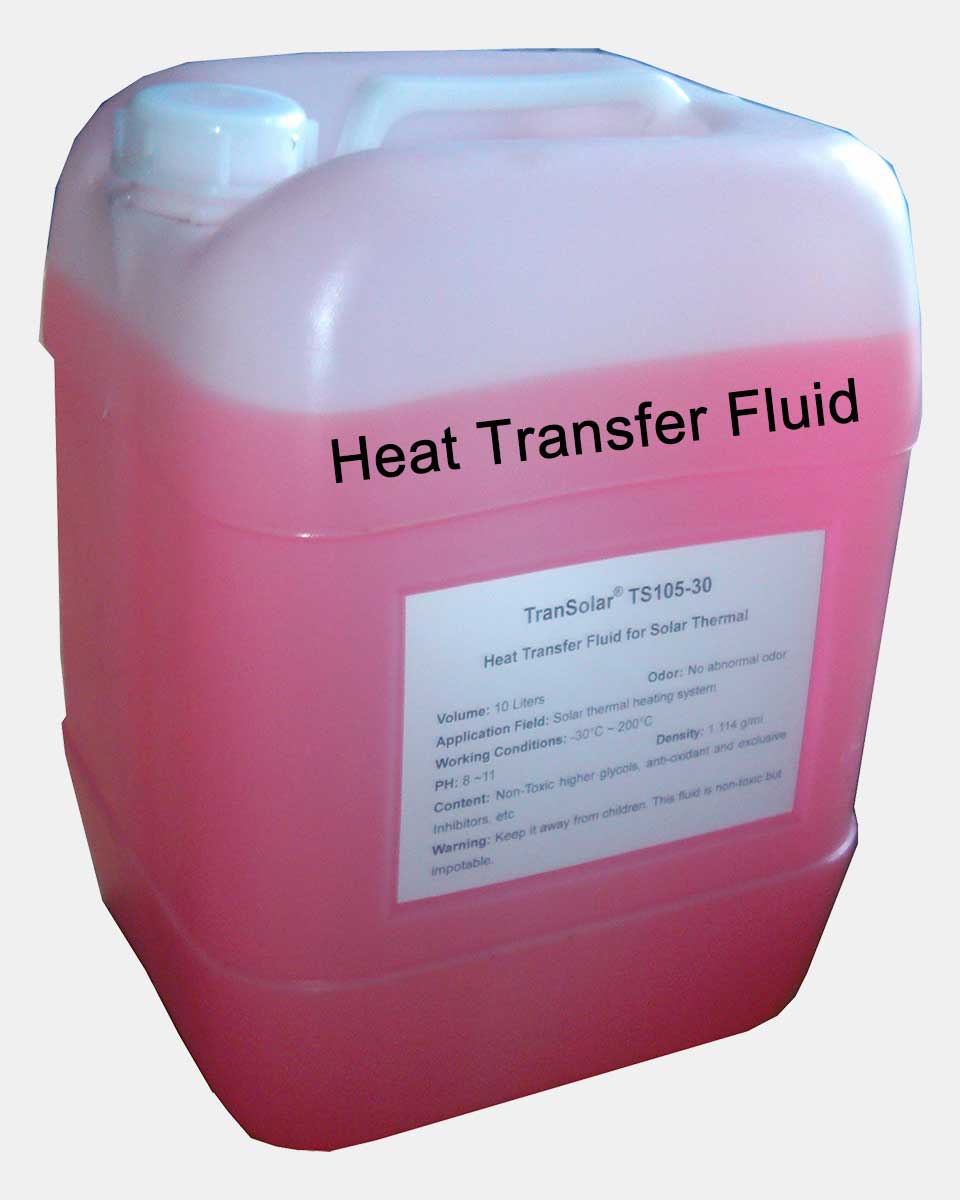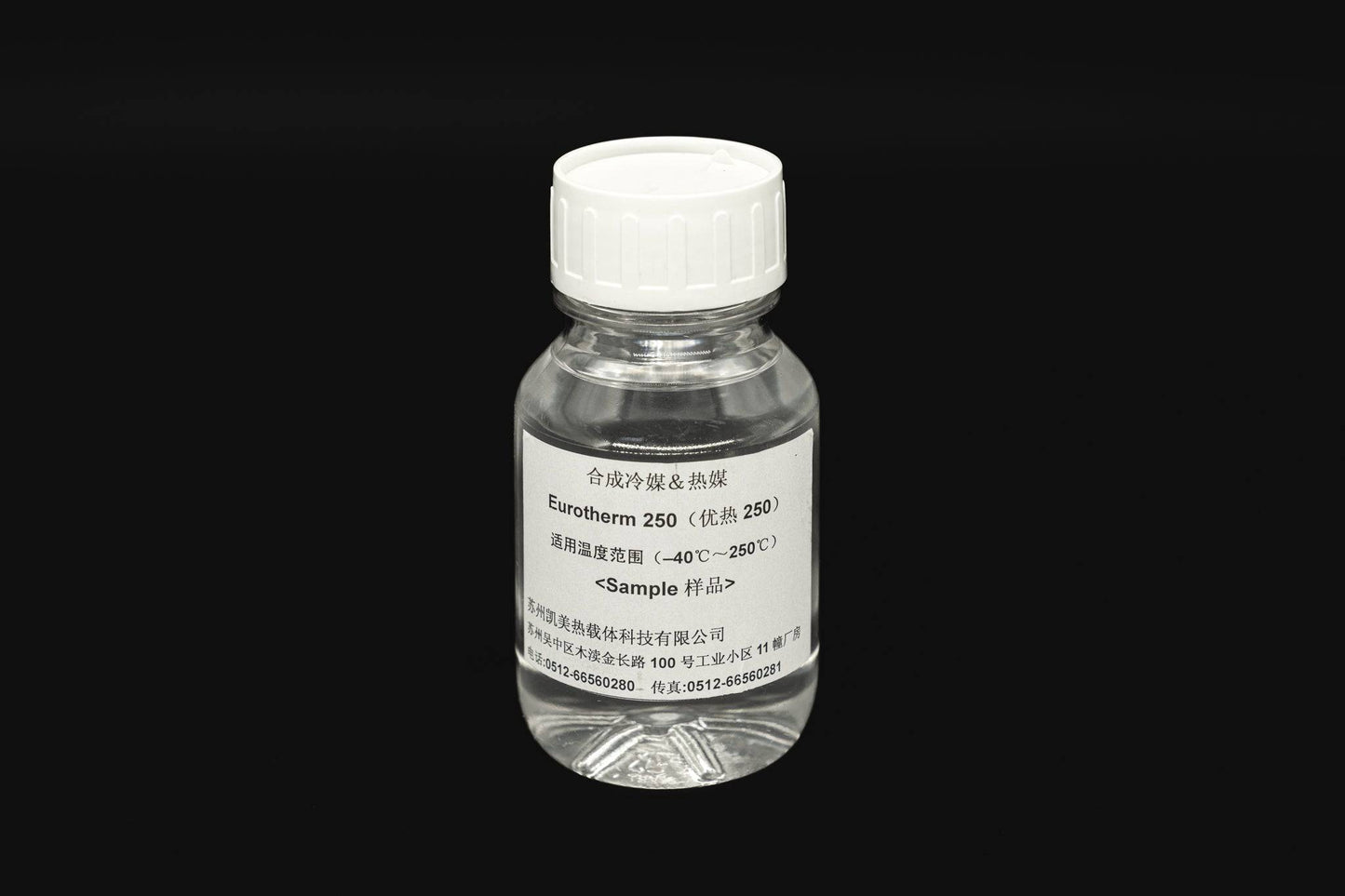Optimize Your System's Lifespan With the Right Heat Transfer Fluid
Selecting the proper warmth transfer liquid is important for enhancing system efficiency and longevity. Understanding the numerous kinds of warmth transfer fluids and the certain requirements of your application can substantially influence the overall wellness of your system.
Value of Heat Transfer Fluids

Furthermore, warm transfer liquids add to the safety and security and integrity of thermal systems. They help keep ideal operating temperature levels, thereby reducing the threat of overheating and devices failing. This is specifically essential in settings where exact temperature control is important. Additionally, the ideal warmth transfer liquid can provide protection versus rust and scaling, more prolonging the life-span of machinery and infrastructure.
Sorts Of Heat Transfer Fluids
Different types of warm transfer fluids are commonly utilized in commercial applications, each tailored to certain operational needs and temperature level arrays. One of the most common groups consist of water, oils, and specialized artificial liquids.
Water is frequently employed as a result of its excellent thermal conductivity and accessibility; nonetheless, its limitations occur at heats and prospective cold conditions. For greater temperature level applications, thermal oils, such as mineral oils or organic compounds, are utilized. These oils give exceptional thermal stability and can operate successfully at elevated temperature levels, making them appropriate for processes like food processing and petrochemical manufacturing.
Artificial liquids, which can be either organic or not natural, are designed to satisfy specific efficiency standards. They typically exhibit boosted residential properties such as reduced toxicity, vast temperature arrays, and resistance to oxidation. Examples consist of glycols and esters, which are ideal for specialized applications like solar thermal systems and warm exchangers.
Additionally, refrigerants are used in cooling down systems, leveraging their stage modification residential or commercial properties to release and absorb warmth efficiently. Each kind of heat transfer fluid is and offers unique benefits chosen based upon the certain requirements of the application, guaranteeing optimum performance and system longevity.
Variables to Consider When Selecting
Selecting the suitable heat transfer fluid involves cautious consideration of numerous factors to make sure ideal performance and system effectiveness. Among the primary variables is the temperature range needed for the system. Fluids differ in their thermal stability and can break down or lose efficiency outside specific temperature restrictions.
An additional vital you can try this out factor to consider is the fluid's viscosity, as it impacts pump efficiency and power usage. A liquid that is as well viscous may impede circulation and rise functional prices. In addition, the liquid's details warmth capacity plays a vital role in identifying how effectively it can move warm.
Chemical compatibility with system materials is additionally important to stop corrosion, degradation, or leaks - propylene glycol. Making sure that the picked fluid is compatible with the construction products can prolong the life-span of the system

Benefits of Proper Fluid Selection
Appropriate choice of a heat transfer liquid yields substantial advantages for system efficiency and integrity. The appropriate liquid boosts thermal conductivity, ensuring optimal heat transfer rates within the system. This effectiveness reduces energy usage, try this web-site leading to lower operational prices and a lowered ecological impact.
Moreover, appropriate liquid choice adds to system durability by preventing deterioration and destruction of elements. Liquids developed with deterioration inhibitors secure metal surface areas, consequently extending the life-span of pumps, pipes, and warmth exchangers. In addition, selecting a fluid with ideal thickness makes sure effective blood circulation, which is critical for maintaining constant temperature distribution throughout the system.
Another crucial benefit is the fluid's thermal security. A stable warm transfer fluid can operate over a wide temperature range without damaging down or shedding efficiency, which is necessary for systems subjected to fluctuating thermal conditions. Furthermore, the ideal liquid can also mitigate risks connected to freezing or boiling, therefore preventing functional disturbances.
Maintenance Tips for Durability
Making sure the long life of a warm transfer system requires attentive upkeep methods that complement the advantages of proper fluid choice. Routine evaluations are vital to recognize prospective leakages, rust, or debris accumulation that could endanger system effectiveness. Establish a regular timetable to assess pipe integrity, links, and installations, as these locations are typically at risk to tear and wear.

Checking fluid degrees and high quality is similarly critical. On a regular basis check for indications of contamination, such as discoloration or particulate issue, which can indicate degradation of the heat transfer fluid. Carrying out periodic liquid evaluation can supply understandings right into its chemical residential or commercial properties, permitting visite site prompt substitutes when essential.
Furthermore, maintaining ideal operating temperature levels is essential. Motivate the usage of temperature controls and sensors to stay clear of overheating, which can speed up liquid deterioration and damage system parts.
Lastly, constantly stick to the maker's guidelines relating to liquid substitute periods and maintenance procedures. By dedicating to these finest techniques, you can substantially enhance the functional life-span of your heat transfer system, making sure trustworthy efficiency and lowering the need for premature replacements or expensive repairs.
Verdict
To conclude, the choice of a suitable heat transfer fluid is crucial for improving system effectiveness and longevity. By understanding the various sorts of fluids and considering vital aspects such as thermal conductivity and rust resistance, ideal efficiency can be accomplished. Additionally, normal maintenance and assessments play a crucial duty in maintaining operating conditions. Focusing on these components ensures the extensive life expectancy of important elements, ultimately adding to a more efficient and reputable system.
Warm transfer fluids play an important role in various industrial and commercial applications by helping with the reliable transfer of warm between surfaces.Furthermore, warm transfer fluids contribute to the safety and dependability of thermal systems. Additionally, the fluid's certain warmth ability plays a crucial role in identifying exactly how efficiently it can transfer heat.
The right liquid enhances thermal conductivity, ensuring optimum heat transfer rates within the system. A stable heat transfer fluid can operate over a wide temperature array without breaking down or losing effectiveness, which is important for systems subjected to changing thermal conditions.